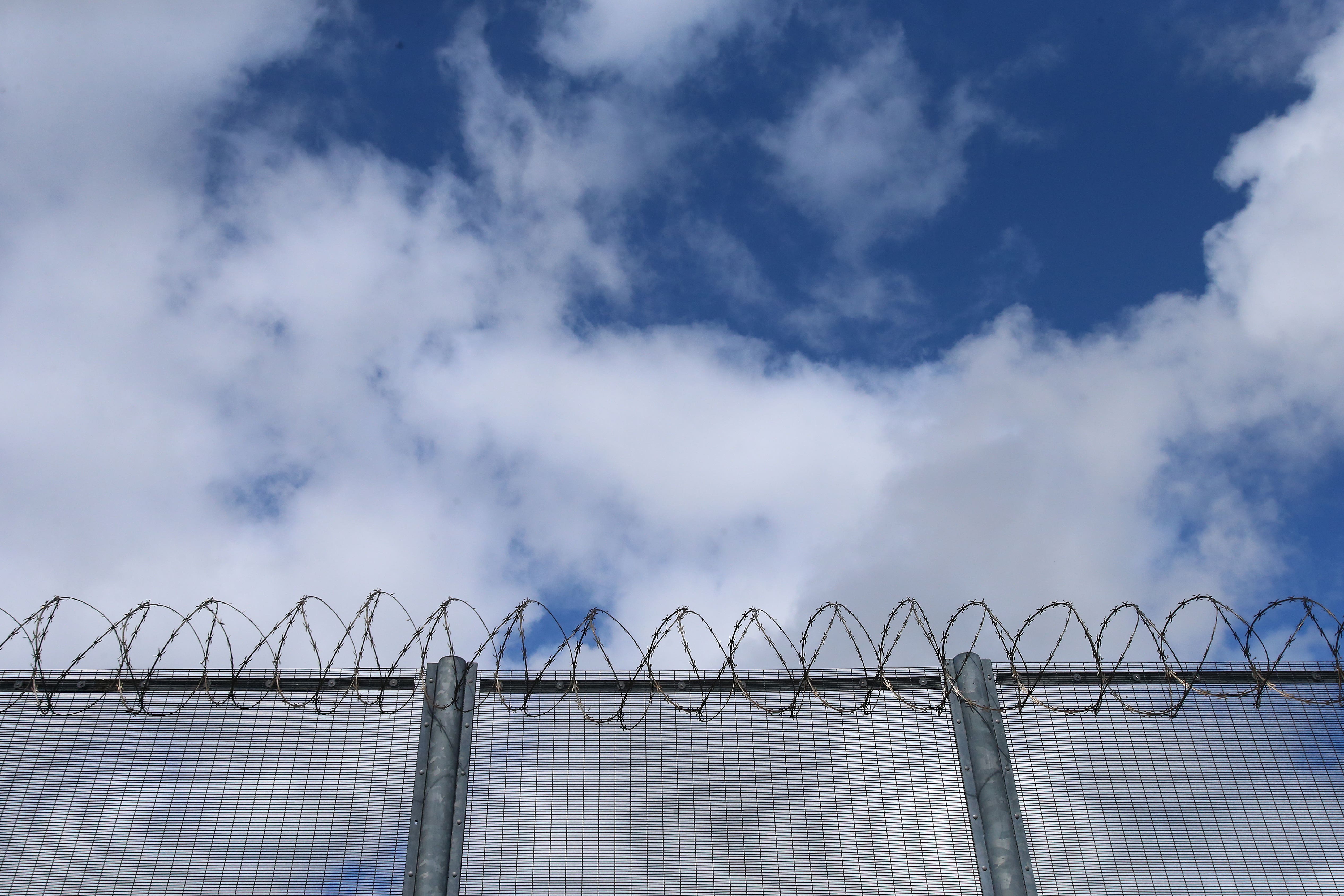Prisoners to be held in police cells after surge in jail overcrowding
Last year, the Government announced it had asked to use 400 police cells to hold inmates after a surge in overcrowding.

Prisoners are set to be held in police cells within weeks as plans to cut “acute and sudden” overcrowding in jails were put into action.
Last year, the Government announced it had asked to use 400 police cells to hold inmates after a surge in overcrowding in male prisons and youth jails over the last few months.
Justice minister Damian Hinds told MPs it was the “first time ever” such a rapid increase had occurred, while the Ministry of Justice (MoJ) described an “unprecedented increase” in the number of offenders coming into prisons in the north of England.
On Monday, the MoJ gave the National Police Chiefs’ Council (NPCC) 14 days to make cells in the north of England and the West Midlands available to hold prisoners after there had been a rise in the number of inmates behind bars since the start of the year.
Neither body would confirm how many cells had been requested for use so far. But the PA news agency understands it may be in the region of around 100.
An MoJ spokesman said: “We have given notice to the National Police Chiefs’ Council to make available cells in police custody suites in the north of England and West Midlands as planned under Operation Safeguard.
“This will help ensure we have enough spaces to manage the short-term pressure on prison places.”
An extra 20,000 prison places are being built, with the newest jail set to open in the spring, the spokesman added.
Critics previously warned the problem could have been predicted and that the decision painted a picture of a Government in chaos at the cost of the taxpayer, while others claimed the plan could put the public and police officers in danger.
An initial £14 million has been allocated for the plan, based on estimations it will be needed for three months, and the funds will be taken from the MoJ’s existing budget.
But the total cost to the department will depend on the number of cells occupied, and how long for.
When he made the announcement, Mr Hinds described Operation Safeguard is an “established protocol”, which has been used before in periods of “high demand” including between 2006 and 2008.
He stressed the country had “not run out of prison places” and the emergency measures – which will provide the “immediate additional capacity” needed – “do not reflect a failure to plan ahead”.
As of Friday, the prison population stood at 83,188 with a “useable operational capacity” of 84,607, indicating close to 1,500 spaces are available.
It is understood some spaces are always kept free so prisons have the capacity to operate safely and respond to any unforeseen circumstances.
Bookmark popover
Removed from bookmarks